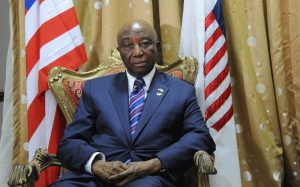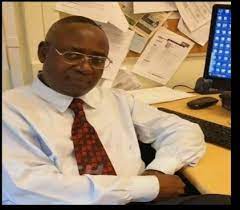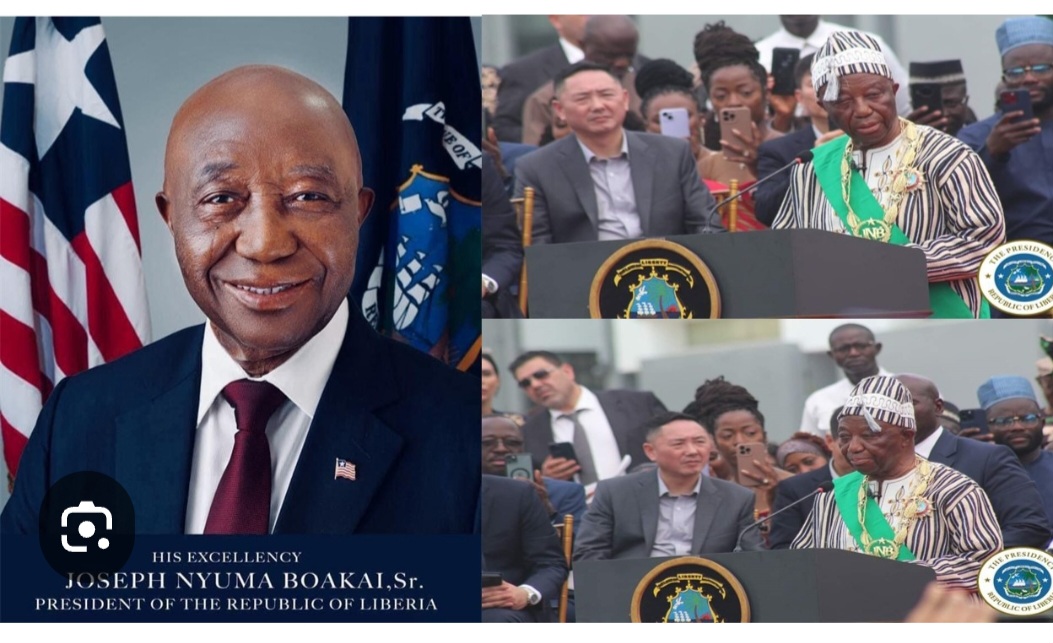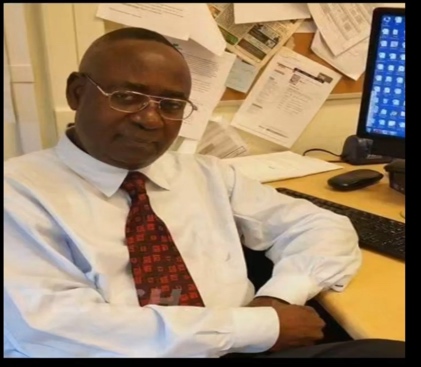His Excellency, President Boakai is cognizant, that in today’s global economy, developing countries like Liberia and others in Africa, must endeavor to engage their nationals in the diaspora to help with economic developments.
All Liberians need to perceive the Diaspora as a national asset and not as an adversary. The engagement of citizens in the diaspora is certainly not a new phenomenon. Countries such as Israel, India, Ireland and China are constructively engaged and have led the field of reaching out to their nationals in the diaspora.
The diaspora has become gold mines for most developing countries. Interestingly, most countries are encouraging their national residing in developed countries to obtain naturalized status of their host countries.
What is new and interesting, however, is the number of countries who are now realizing they have exciting possibilities if they can engage their overseas populations in innovative and creative ways. Few years ago, countries like Uganda, Indonesia and Vietnam have taken initiatives in this field.
It was refreshing to hear when, President Boakai said during the Annual Message to the nation, on January 29 2024 : “Mr. President of the Senate, Mr. Speaker, and members of the legislature, our Liberian brothers and sisters in the Diaspora are an integral part of our nation – they are an extension of our national pride. They share in our nation’s happiness and sadness. They are readily responsive to the needs of family members and friends in times of difficulty. Liberians in the Diaspora have a stake in the future of Liberia and my Administration will be intentional about ensuring that their stake in Liberia is fully harnessed. I have therefore proposed an annual Diaspora Conference on National Development.
I commend the actions of the 54th Legislature and the past administration for their actions to remove the unfair burden of citizenship against Liberians who have chosen to explore opportunities in other parts of the world. I am glad that the slogan, “once a Liberian, always a Liberian” now has true meaning. We will establish clear and predictable policies and links where Diaspora Liberians can play more meaningful roles in Liberia’s future.”
Even the publication entitled: ‘The Economist’, in its November 2011 issue, published an article, ‘The Magic of Diasporas’ in which it is outlined how migrant business networks are changing the world, especially in developing countries.
The Liberian government should now be endeavoring to identify and connect with highly skilled Liberian individuals in the diaspora and link them to national economic development projects. And if there are laws that might have the propensity to discourage investments from the diaspora, repeal such laws if they already exist.
Organizations such as the Organization for the Promotion of Development in Liberia, ULAA and others in the diaspora continue to emphasize that dual citizenship is in Liberia’s best economic interest.
Dr. George K. Kieh, Jr. seemed to be correct in his perceptions when he presented his paper at the Conference on Dual Citizenship in Washington, D.C., on December 8, 2012, when he wrote: “Importantly, there is a covert and selfish reason that is harbored by some Liberian elites, who currently have positions in the state bureaucracy. Their concern is that the adoption of dual citizenship would create competition for their jobs. That is, dual citizenship would make those, who are currently residing abroad, eligible to hold both appointive and elected positions.
Significantly, since those in the Liberian diaspora constitute the core of the the country’s intellectual and professional capital, they would therefore be well-positioned to take positions in the public sector at the expense of those who are currently occupying those positions. This masked reason is the cardinal obstacle to the adoption of dual citizenship in Liberia” (Dr. Kieh, Jr., Liberian Dialogue, 8 December 2012).
According to USAID report “many of Liberia’s educated elite either fled or were killed during the civil war. The educational system was demolished, and the country lost a generation in which to educate and train its citizens to make productive contributions to development progress.
Government, the private sector, civil society and international partners still are desperately short of qualified local talent. The existing, small cadre of highly qualified and motivated leaders struggles to have policies and decisions carried out by a low‐paid workforce that often lacks basic literacy, numeracy and other critical work skills”. To be frank, Liberians with dual nationalities are seemingly, Liberia’s best hope when it comes to economic development.
The World Bank’s report of 2012, relevant to global remittances, pointed out that Liberians in the Diaspora out-beat per GDP other Africans living abroad by “remitting $378 million in 2012, an increase of $18 million from 2011 remittance of $360 million, a more than 31% of global remittances and third of Liberia’s GDP in 2012” (The New dispensation, 6 February 2013).
The ‘USD Explorer’ also, provided its statistical information relevant to the remittances received by Liberia during the period of 2011 through 2015. Liberia accordingly, received $360 million in 2011, $516 million in 2012, $383 million in 2013, $495 million in 2014, and $693 million in 2015 as remittances from other countries .
These statistics demonstrate and show that Liberia as a nation has benefited economically from its nationals in the diaspora; and this includes Liberians with dual nationality status.
If Liberia failed to accommodate her overseas nationals with dual nationality status, a generation from now, Liberia’s enormous potential will remain unfulfilled, and our beloved nation within the West African sub-region will remain a place where the few thrive in wealth and the many struggle in poverty.
Let us not forget those beautiful words of Liberia’s National Anthem: In union,
In union strong success is sure
We cannot fail!
With God above
Our rights to prove
We will o’er all prevail
The Author:
 Mr. Edmund Zar-Zar Bargblor, is a graduate of Cuttington University, Liberia; Howard University, Washington, D.C, and Israel Institute of Technology, Haifa, Israel. He is a former Deputy Managing Director of the National Port Authority of Liberia, NPA. He can be contacted at: [email protected]
Mr. Edmund Zar-Zar Bargblor, is a graduate of Cuttington University, Liberia; Howard University, Washington, D.C, and Israel Institute of Technology, Haifa, Israel. He is a former Deputy Managing Director of the National Port Authority of Liberia, NPA. He can be contacted at: [email protected]







